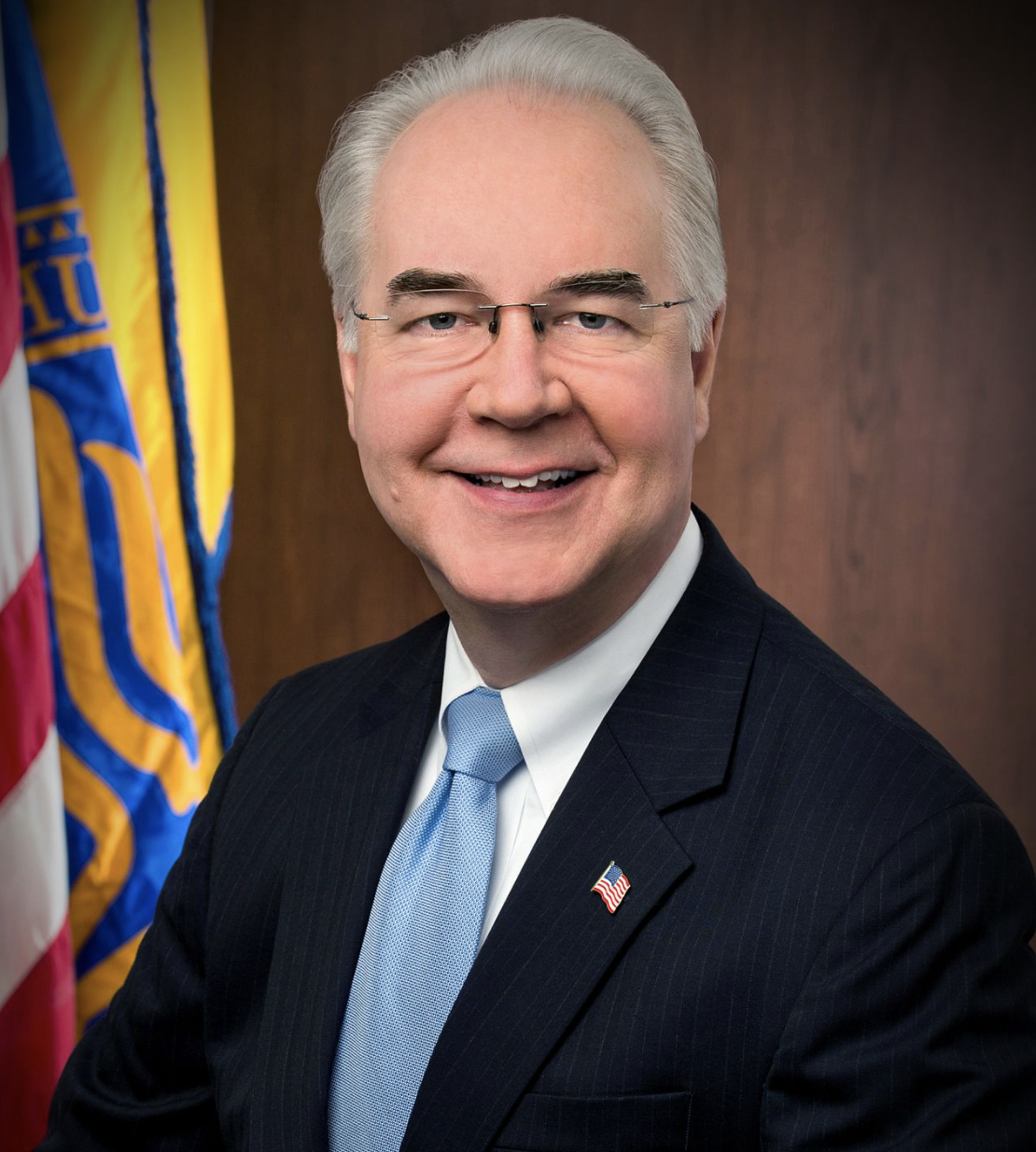
On February 10, 2017, the Senate confirmed Tom Price to be the 23rd United States Secretary of Health and Human Services. Prior to his nomination and confirmation, Secretary Price was a Member of the United States House of Representatives, representing Georgia’s 6th district. There, he had chaired the House Budget Committee since 2015. In addition, Price received his M.D. from the University of Michigan in 1979 and practiced as an orthopedic surgeon in Atlanta for 20 years. Before entering politics, he was an assistant professor at Emory University.
Although Secretary Price’s first three weeks at the helm of HHS have been relatively uneventful, bills introduced by then-Representative Price may be able to give us a glimpse into the priorities he will bring to this new position.
No fan of the Affordable Care Act
As has been extensively reported, Price has been a vocal detractor of the Affordable Care Act. In 2013 (and again in 2015), then-Rep. Price introduced the Empowering Patients First Act, which would have repealed the Affordable Care Act and replaced it with a system of refundable tax credits, grants to states for high-risk pools, and reduced protections for preexisting conditions. In many respects, this is similar to the recently-released replacement bill proposed in the House.
Price also introduced the Keep the IRS Off Your Healthcare Act of 2013, which prohibited the Treasury Department from enforcing any provision of the Affordable Care Act related to taxation.
However, Price’s 2015 Restoring Equity, Saving Coverage, and Undoing Errors Act (or the RESCUE America’s Healthcare Act) would have restored premium tax credits for insurance consumers had the Supreme Court ruled that credits under the Affordable Care Act did not apply to federal exchanges.
New payment models? Not so fast
In 2016, Price turned his attention to new payment models and demonstrations at CMS. His proposed HIP Act would delay and suspend implementation of the Comprehensive Care for Joint Replacement Model, which tests episode-based payment and quality measurement for care associated with hip and knee replacements.
Price also proposed bills which would provide temporary exemptions from payment limits for long-term care hospitals for spinal cord specialty hospitals and delay the demonstration of pre-claim review of home health claims.
Opposition to competitive bidding
The DMEPOS Competitive Bidding Program was mandated by Congress through the Medicare Prescription Drug, Improvement, and Modernization Act of 2003 (MMA). The statute requires that Medicare replace the current fee schedule payment methodology for selected Durable Medical Equipment, Prosthetics, Orthotics and Supplies (DMEPOS) items with a competitive bid process. Secretary Price has demonstrated repeated opposition to the program, especially as-implemented by the Obama administration. In 2013 he introduced the Medicare DMEPOS Market Pricing Program Act of 2013, which replaced competitive bidding with a market-based pricing program.
In addition, Price’s Patient Access to Durable Medical Equipment Act of 2016, which was largely incorporated into the 21st Century Cures Act, delayed the implementation date for transitioning DME pricing in non-competitive bidding areas to the competitive rate. It also established a bid ceiling for future rounds of DME bidding.
It seems safe to say that Price’s HHS will differ in its approach to competitive bidding from the previous administration’s. Two days before Price took office, and only 8 days after its initial announcement of the changes, CMS delayed its plans to consolidate all DME bidding into a single round in 2019. No future plans have been announced, but changes to the status quo are likely in store.
Delays and exemptions for health IT requirements
The 2013 Health Information Technology Reform Act, which Price introduced, proposed to exclude pathologists from the Medicare and Medicaid incentive programs, and specifically to exempt them from penalties related to the meaningful use of electronic health records.
In 2015, Price again proposed exemptions to meaningful use, but this time for all providers. The Meaningful Use Hardship Relief Act would created a blanket exception for providers from penalties associated with noncompliance with meaningful use requirements for the 2015 reporting period.
Price introduced Medical Practice Freedom Relief Acts in 2015 and 2013 which would have prohibited HHS and states from imposing meaningful use as a condition of physician licensure or health plan participation.
Supporting doctors
Perhaps not surprisingly, given his life before Congress, Price has supported doctors and the medical profession in legislation. The Physician Shortage Minimization Act of 2016 would classify physicians providing medical services for a temporary period as independent contractors for tax purposes. In addition, the Medicare Patient Empowerment Act of 2015 would have allowed Medicare beneficiaries to contract with any eligible medical professional, regardless of Medicare or Medicaid participation, for covered services and receive reimbursement.
Of course, as the Securities and Exchange Commission enjoys reminding investors, past performance does not necessarily predict future results. If there’s anything of which we can be certain, it’s that changes are in store for healthcare in America, and Applied Policy will be ready to help you adapt and continue to improve the lives of those you serve. If we can be of assistance, don’t hesitate to reach out at 202-558-5272 or gpugh@appliedpolicy.com.
